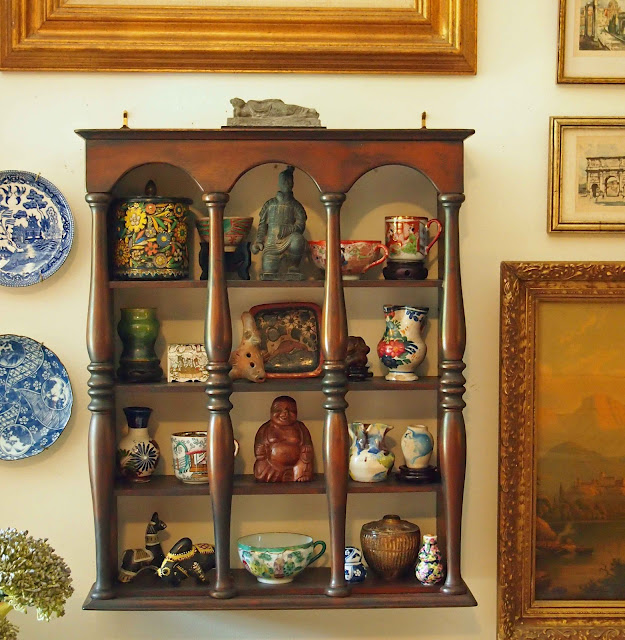History Repeats
The Corn Laws enhanced the profits and political power associated with land ownership. The laws raised food prices and the costs of living for the British public, and hampered the growth of other British economic sectors, such as manufacturing, by reducing the disposable income of the British public.
The Corn Laws were tariffs and other trade restrictions on imported food and corn enforced in the United Kingdom between 1815 and 1846. The word corn in British English denotes all cereal grains, including wheat, oats and barley. The laws were designed to keep corn prices high to favor domestic farmers, and represented British mercantilism. The Corn Laws blocked the import of cheap corn, initially by simply forbidding importation below a set price, and later by imposing steep import duties, making it too expensive to import it from abroad, even when food supplies were short. SOURCE
The Corn Laws and a global climate catastrophe known as The Year Without A Summer were factors that led 60,000 people to gather for a peaceful protest in Manchester, England in 1819. In addition, those attending demanded reform of Parliamentary representation. As now, those attending the protest brought numerous grievances with them in the form of protest signs and speeches. This included access to voting rights. At that time only 11% of men were eligible to vote and no women had gained the right to vote.
Civic leaders ordered the Yeomanry Regiment to arrest the protest leaders. A cavalry formed two years earlier in response to social unrest, the Yeoman Regiment was comprised of volunteers. On 16 August, 1819, the cavalry charged the protestors, killing 18 and injuring 400-700 people. It became known as The Peterloo Massacre.
To Henry Hunt, Esq., as chairman of the meeting assembled in St. Peter's Field, Manchester, sixteenth day of August, 1819, and to the female Reformers of Manchester and the adjacent towns who were exposed to and suffered from the wanton and fiendish attack made on them by that brutal armed force, the Manchester and Cheshire Yeomanry Cavalry, this plate is dedicated by their fellow labourer, Richard Carlile: a coloured engraving that depicts the Peterloo Massacre (military suppression of a demonstration in Manchester, England by cavalry charge on August 16, 1819 with loss of life) in Manchester, England. All the poles from which banners are flying have Phrygian caps or liberty caps on top. Not all the details strictly accord with contemporary descriptions; the banner the woman is holding should read: Female Reformers of Roynton -- "Let us die like men and not be sold like slaves".
Trump is setting up a repeat of this event. We have our own Yeoman, the National Guard, patrolling the streets of American cities in LA and DC this year. Trump threatens to send troops to more cities. And like 1819, Trump and his minions are seeking to further disenfranchise voters with more legal restrictions and gerrymandering to silence the voices of the opposition by denying political representation.
Meanwhile widespread public discontent is growing as hiring declines, layoffs increase, and job security decreases. The tariffs, even when delayed, have led to global citizens shunning American products. Social services are in free fall. State and city budgets alongside non-profits are grasping for dwindling dollars.
People are watching as home values continue to rise. New buyers can no longer afford a down payment. Homeowners are struggling with increased property tax bills and rising home insurance rates due to overvaluation and climate disasters sapping reserves.
Utility rates are rising more and more while the CEOs line their pockets with larger salaries. These companies are diverting energy to crypto data mining farms and AI centers, selling energy at reduced rates to fellow villainares. But the ability to generate energy is being reduced as tax breaks for clean energy have been reversed by Trump's Big Budget Busting Bill. This leaves the remaining utility customers vying for a limited supply of power which further forces rates up. Meanwhile, climate change leads people to use more energy as cold and heat waves grip great swathes of the nation.
Prices for automobiles and everyday household items are rising. Grocery prices are now a major concern for over half of American households. Shrinkflation has been joined by some shortages. There is lesser quality of items overall. Things don't last as long and break more easily.
History is set to repeat and Trump has set the stage for another Peterloo Massacre. He's already threatening to do just that.


